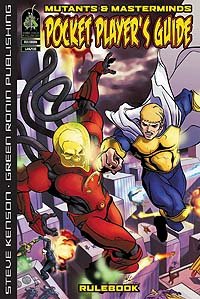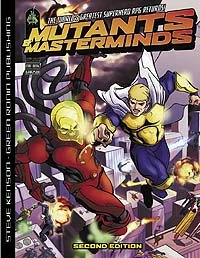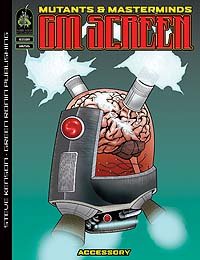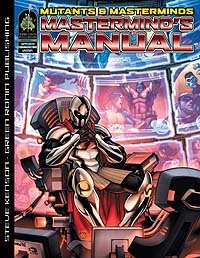Politicians in Washington, D.C., spent the last two years promising new laws on everything from Net neutrality to computer security and social-networking sites.
But when the 109th Congress finally adjourned over the weekend, ending 12 years of Republican rule of the U.S. House of Representatives, few technology-related bills had actually made it through the legislative process.
[…]
A review of outstanding legislation shows both chambers of Congress approved only a handful of technology-related items, leaving proposals on topics like data breach notification, patent reform and Net neutrality to die in committee. Here’s a roundup:
H-1B visas: Because politicians went home for the holidays without voting to raise the number of H-1B visas, tech companies didn’t get a boost in the controversial guest worker program they claim is necessary to fill critical holes in their workforces. […] The H-1B program allows foreigners with at least a bachelor’s degree in their area of specialty to be employed in the United States for up to six years. They’re currently capped at 65,000 visas per year, with an additional 20,000 visas set aside for foreigners with advanced degrees from American universities, after peaking at 195,000 between 2001 and 2003.
Web censorship and filtering: Politicians’ concern about children and sites like MySpace.com reached nearly a fever pitch in 2006[…]. A Web labeling requirement stuffed into a massive spending bill was narrowly avoided after Congress delayed a vote on it until February. Similarly, Sen. John McCain’s plan to force Web sites to report illegal images is expected to resurface in the 110th Congress next year.
[…]
Copyright and digital rights management: After the Supreme Court’s ruling last year in the Grokster file-swapping case, neither the computer industry nor the record labels and the Motion Picture Association of America have shown much desire to seek new laws.
One exception has been the so-called broadcast flag, which started out as a controversial form of copy-prevention technology for digital TV broadcasts and then was expanded to digital radio. Copyright owners would like politicians to make those flags mandatory for hardware makers, but no final votes on the legislative proposals took place.
The broadcast flag for digital TV has, however, been inserted into a telecommunications bill that’s expected to resurface in the spring.
(from ZDNet, Congress and tech: Little to show)
Pretty much any tech-related law is a bad law. They are either the result of special-interest lobbying or the result of gross ignorance on the part of the legislature. Some, like DMCA, are the result of both. All of the bills mentioned above are perfect examples of horrible legislation that would have benefited a few companies at the expense of the entire rest of the USA, as well as hurting our descendants for gods-alone know how long. We should all be applauding that these bad bills were not voted into law. We should also make sure our legislators know that we don’t want them passed next year, either.
![[x]](/images/sigil_md.jpg) Blackmoor Vituperative
Blackmoor Vituperative





 While most of GWT was open source, a few important pieces were binary-only. Today that all changed as Google made the entire GWT 1.3 Release Candidate available, with source, under the Apache 2.0 license.
While most of GWT was open source, a few important pieces were binary-only. Today that all changed as Google made the entire GWT 1.3 Release Candidate available, with source, under the Apache 2.0 license.